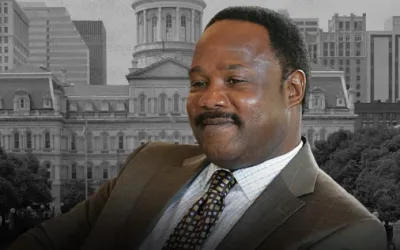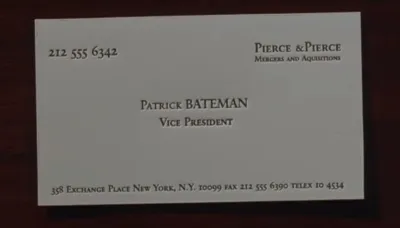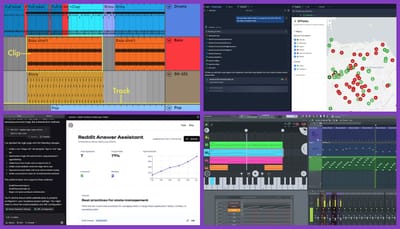Act or artist?
When I was a talent agent, I noticed something interesting in how we referred to our clients.
Most people in our office used the term 'artists'. Very occasionally, you'd hear 'act'. At the time, I paid zero attention to this.
But there's an important distinction – one that matters far beyond the music industry.
An act revisits a moment in time. They're playing the hits, recreating an era. Their audience comes along for the nostalgia trip. It's why we use terms like 'heritage act' or 'legacy act'.
Put those same words in front of 'artist', and they mean something completely different.
Because an artist? They're moving forward. Creating. Exploring. Taking risks.
And here's the tough part about being an artist: you have to be willing to fail. Again and again. In disciplines like standup comedy or DJing, this can be particularly brutal – you're alone on stage, with nowhere to hide.
As an artist, there's no warm embrace of the familiar. No safety net of the proven formula.
But you can move between these modes. Act to artist. Artist to act. The choice is yours.
"That's great," you might think, "but I'm in business, not entertainment."
Here's the thing: we're all faced with this choice. Do we stick with what worked before – becoming an 'act' – or do we push forward into uncertainty, embracing the role of 'artist'?
Yes. The word 'artist' might feel out of reach. I get it. It does for me too.
But being an artist isn't just about creative genius or divine inspiration. It's also in choosing to move forward, even when staying still feels safer.
In your career, your business, your work – which will you choose to be today?
An act, or an artist?
That's the tension.
No spam, no sharing to third party. Only you and me.





Member discussion